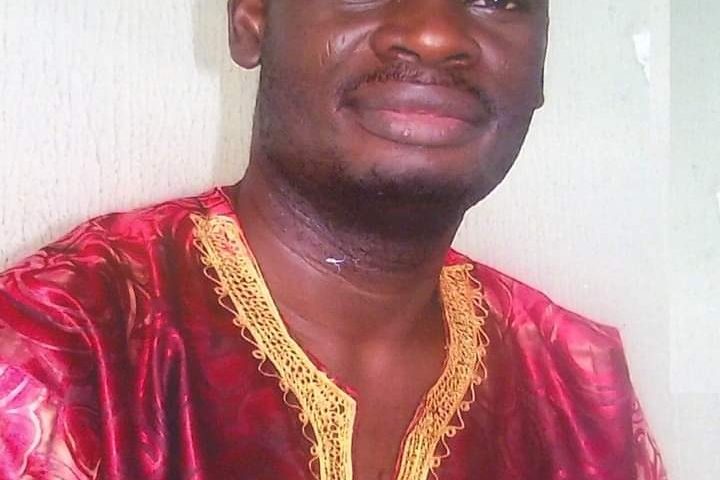- As Emefiele deflects IMFs concern over Nigeria’s banking system
Amid rising public concerns over Nigeria’s increasing debt profile, the Federal Government has indicated that increasing borrowings along with tax measures remained the only options to drive the economy out of recession and sustain growth for now.
Minister of Finance, Mrs. Kemi Adeosun, who gave this indication, yesterday, on the sidelines of the just concluded 2017 World Bank and International Monetary Fund annual meetings in Washington DC, United States, also said the borrowings were now being refocused away from domestic to international market in order to release banking system liquidity in favour of the private sector.
She also disclosed that the Federal Government would soon introduce luxury tax, adding that the necessary process would soon be finalized.
This is coming as the Central Bank of Nigeria, CBN, allayed the World Bank’s concern over Nigeria’s banking sector stability, with Mr. Godwin Emefiele, the apex bank’s governor, saying the global financial body was merely emphasizing the need for regulatory authorities to ensure stability was sustained amid challenging operating environment.
Why we are borrowing
Giving justifications for the borrowings, Adeosun stated: “Nigeria’s debt-to-GDP ratio is one of the lowest. We are at 19 per cent, but most advanced countries have over 100 per cent.
“I am not saying we need to move to 100 per cent, but I am saying we need to tolerate a little more debt in the short-term to deliver the rails, the roads and power so as to generate economic activities, jobs, revenue, which would be used to pay back the debt.
“What we are trying to do is to create enough headroom to invest in capital projects that the country desperately needs. I do not think there is any Nigerian that will say we do not need to invest on power, do the roads, and that will not want us to fix 17 million housing deficits, build rails and they will generate economic activities and jobs.”
Referencing the logic behind the borrowings as well as the concern over the burden of repayment she stated: “Why do we have to borrow. If you think back to the problem we face, our principal source of revenue plummeted by up to 85 per cent, so we had no choice.”
The place of tax
On the interface between borrowings and tax measures against the backdrop of growing tax pressures, Adeosun stated: “The solution to borrowing in Nigeria is that we must pay tax. If you pay the taxes properly, there is no need to borrow. Of course, there is the responsibility on the part of government to be more responsible and efficient. We are really focusing on this. We are trying to find ways to cut cost. Fundamentally, we must invest.
“We don’t have the power we need, we don’t have the roads yet and there is a lot of money required to fund these projects. If we are able to move our tax to GDP from just six per cent, where it is now, to 10 per cent, it would significantly reduce the amount we need to borrow. And that would have a wider effect on the economy, reduce borrowing and bring down interest rate. It will also create head room for the private sector to borrow, because they are currently being crowded out.
Banking system stability
Also speaking on the issues raised by the IMF to the effect that one of the three threats to sustainability of the emerging return to positive economic growth is the banking sector fragility, Emefiele stated: “That the IMF said there are threats to the banking system, I do not think that is correct.
“What was said was that Central Bank should focus on the banking system to ensure there is no significant destabilization, because anything that destabilizes the banking system will have adverse impact on the economy.
“We are keeping our eyes on the banking system to ensure there are no significant threats that will alter the strategic health of the banking system, to the point where we have to think about things that will create problems for the economy.”
Diaspora inflow, investments
Addressing the growing attention on funds inflow into the economy through diaspora remittances, Emefiele stated: “We are trying to encourage our brothers in diaspora to keep remitting funds to daddies and mummies at home and also to invest in their country because they do not have any other place they can call home but Nigeria. We will put in place policies that will continue to encourage them.”
“We are working on how we can actually link credit bureau arrangement to the foreign borrowing arrangement so that once there is a link between Nigeria and the foreign credit system, it will be easy for them to even borrow from Nigeria, and also get some form of attachments to the credit system that they have abroad, either in the United States or United Kingdom. It will be easy for them to access credit and begin to build their businesses, so that when they retire, they retire back into Nigeria, and they do not retire in Diaspora.”





